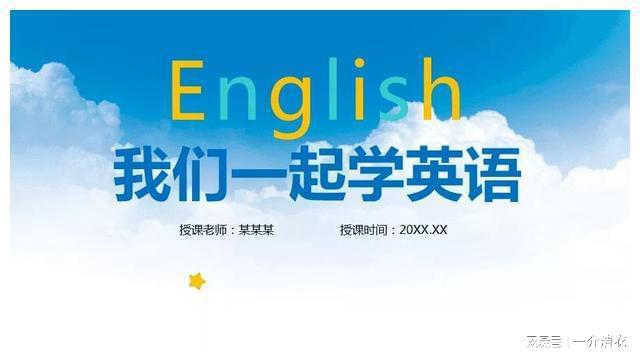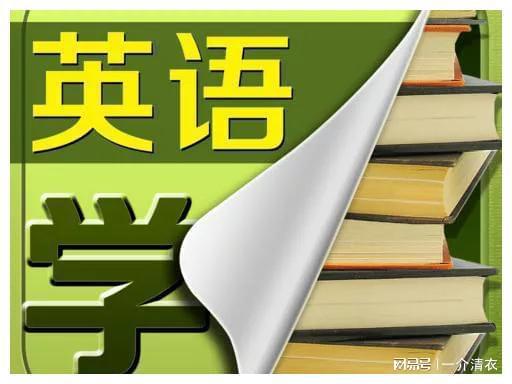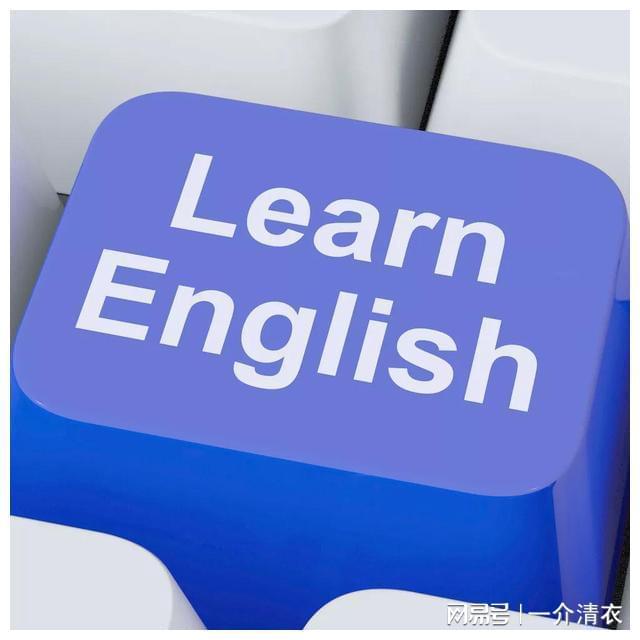|
英语中的强调、语序、倒装和省略 一、强调: 指突出句中的某一个部分,使其显得更加重要。 1、It is/was+被强调的成分+that/who/whom+其他成分。 原句: They will have a meeting in the office tomorrow morning. It is they who /that will have a meeting in this office tomorrow morning. 这里强调的是主语they It is a meeting that they will have in this office tomorrow morning. 这句话强调的是宾语a meeting It is tomorrow morning that they will have a meeting in this office. 这句话强调的是时间状语tomorrow morning It is in this office that they will have a meeting Tomorrow morning. 这句话强调的是地点状语in this office 2、使用强调句的注意事项 (1)强调句中常强调主语,宾语,状语;可以强调单个的词,短语和从句。It本身没有意义。 (2)强调句中连接词一般只有who,whom(强调人)和that(强调物)。在强调时间状语从句和地点状语从句的时候也是如此。 (3) That或者who,whom之后动词的人称和数要与它前面被强调的名词或代词一致。也就是说,人称和数要与原句中的一致,连接词不可以省略。 (4)强调句中的时态有两种,一般现在时和一般过去时。原句谓语动词是一般过去时,过去完成时,过去进行时的,通通都用it was...,其他的时态都用it is...。 3、强调词it和形式主语it的区别 可以用恢复原句的方式来判断。把it is/was...that去掉,如果剩下的词能够连成一个完整的句子,那么就是强调句型,否则就不是。 4.、not...until句型的强调句 It is was not until+被强调部分+that+其他成分。 My father didn't start to work until/till ten o'clock. It was not until ten o 'clock that my father started to work.(强调句,且只用until) 5、与倒装句的转换 例句: I didn't notice it until/till yesterday.(原句) It was not until yesterday that I noticed it.(强调句) Not until yesterday did I notice it.(倒装句) 6:谓语动词的强调 It is/ was that...结构不能强调谓语,如果需要强调谓语需要用助动词do,does,did。 例句: He did remember writing to you. He does work hard. 二、语序 英语中句子最常见的语序为主谓宾,主谓宾的语序和汉语的语序基本相似,但是英文句子中定语和状语的位置与汉语中的位置不同,我们着重说一下定语和状语的位置。 1、定语的语序 (1)当定语是形容词或者V-ing形式时, 多放在所修饰的词的前面,跟汉语一样。 She is a beautiful girl. (Beautiful形容词做定语) I need some listening material.(Listening是动词ing作定语) (2)当定语是短语(介词短语,分词短语,不定式短语)或定语从句时,放在所修饰的名词后面。 The student in red is from Asia.(in red是介词短语作定语) The young man who is having his lunch is my friend. (Who is having his lunch是定语从句做定语) (3)当定语是副词或者某些动词的过去分词时,放在所修饰的词的后边做定语。 The women here are for you.(Here是副词做定语) I like the books written by him.(written by him过去分词做定语) 2、状语的语序 在句子中如果同时有时间状语和地点状语先地点,后时间;如果出现多个地点或者多个时间时,要先小后大。汉语中是先时间后地点,先大后小。 The 28th Olympic games were held in Athens in 2004 I stayed there for three weeks last year. 三、倒装 我们通常所说的语序是主语在前,谓语在后;如果谓语全部或者一部分提到了主语的前面就是倒装语序。一般倒装是由于语法结构的需要或者是为了强调。 1、部分倒装 部分倒装是谓语中的一部分(如情态动词,助动词或者系动词be)放在了主语前面,其余部分仍在主语后面。 Only in this way can we work out the physics problem. Never had he had any experience like that. Not only is he a singer, but also he is a dancer. 2、全部倒装 全部倒装是句子中没有情态动词,助动词或系动词be时,要把谓语动词放在主语前面。 如果主语是人称代词,则主谓不倒装。 Here comes the bus. Up went the arrow into the sky. The door opened and out rushed the children. 3、语法性倒装 语法性倒装是由于语法上的需要必须倒装的句子。 (1)疑问句中的倒装 Are you playing basketball now? what color do you like? (2)There be 句型中的倒装 There is no water in the space. Is there any milk in the bottle? (3)直接引语中的倒装 直接引语的一部分或全部放在句首的时候,它的主语和谓语要倒装。 当主语是代词或者谓语含有助动词时,一般不倒装。 如果谓语比主语长或者他后边有宾语时,一般也不倒装。 (4)省略if的虚拟语气条件句中的倒装 If引导的虚拟语气条件,句中如果含有助动词,were,should或者had,可以倒装。 were/should/had当if省略时,助动词were,should和had要倒装到主语之前, 当if不省略时,主语和助动词用正常语序。 Were/Should/Had +主语+...... =if+主语+were/should/had+...... Were I to solve this problem,I should do it in a different way. =If I were to solve this problem, I should do it in a different way. Should John come, I would let you know at once. =If John should come, I would let you know at once. Had you my troubles,you would despair. =If you had my troubles, you would disappear. (5)So, nor和neither用于句首时的倒装 So nor和neither置于句首,用来说明前一句中位于表示的情况,也适用于该句的时候句子要倒装。倒装句中的助动词,情态动词系动词要和前语句中的保持一致。 I have had my dinner. So have I. Will you go to the cinema this weekend? No,and neither will Tom. (6)As引导的让步状语从句中的倒装 形容词+as+主语+系动词be Angry as my father was, he didn't blame me. =Although my father was angry, he didn't blame me. 名词(不带冠词)+as+主语+系动词be Scientist, as she is, she wants to learn more. =Although she is a scientist, she wants to learn more. 副词+as+主语+行为动词 Much as I like it, I won't buy it. Although/ though I like it much, I won't buy it. 行为动词+as+主语+助动词 Try as she does, she never seems able to succeed. Although she tries, she never seems able to succeed. 4、修辞性倒装,意思是不是为了特意地加以强调,本句话可以不必倒装。 (1)否定词放在句首时的倒装 否定词+be动词/助动词+主语 Hardly...when... Scarcely...when... No sooner...than... Not only...but also... Not only... but also...连接两个句子时,第一个句子倒装,第二个句子不倒装。 Not only... but also...连接主语句子不倒装。 (2)副词(短语)放在句首时的倒装 Here,then,now,thus,such,there, so, out, in, up, down, away 等副词放在句首,句子要倒装,表强调。 (3)Only+副词放在句首时的倒装 Only放在句首时,如果强调的是一个词或者一个短语,需要倒装。 only强调的是一个句子,从句不倒装,主句倒装。 only强调的是主语,句子不倒装。 (4)频率副词放在句首时的倒装 频度副词always,often,once出现在句首时,句子要倒装。 (5)其他情况 为了保持句子平衡,或者为了强调表语或状语,或为了使上下文紧密衔接时需要倒装。 To the list may be added the following names. 四、省略 1、句子成分的省略 (1)省略主语 (Thank you for coming. (2)省略谓语或谓语的一部分 (Is there)Anything I can do for you? Do you often go to the cinema? No, I didn't (often go to the cinema). (3)省略主语或谓语中的主要部分 Which magazine do you like best? The old one.= (I like) the old one best. (4)省略宾语 Let's do the dishes. I will wash(the dishes) and you will dry( the dishes). (5)省略定语 He spent part of the money and save the rest( of the money). 2、复合句中的省略 (1)宾语从句中的省略 that在宾语从句中做连接词连接主语与宾语从句时可以省略。 (2)定语从句中的省略 关系代词在限定性定语从句中做宾语时可以省略。如果这次出现在关系代词前,关系代词不能省略,也不能用that。关系副词不能省略。 关系代词that在定语从句中带替when, why, where等,可以省略。 关系代词在定语从句中作表语时可以省略。 (3)状语从句中的省略 在目的结果状语从句中的省略。 在比较状语从句中的省略。 在时间,条件,让步方式等状语从句中,如果从句中的谓语有be动词,从句中的主语又和主句的主语相同,或者是it时,通常把从句中的主语和be动词都省略。 (4)在虚拟语气中的省略 3、不定式省略 (1)省略不定式符号to后的动词,是指前面出现过的动词,在下文再次出现时,可以单纯使用不定式符号to省去动词。 ① 不定式作某些动词的宾语时 这种情况通常用的动词有:like,love,care,hope,wish,Expect prefer refuse,mean,try, advise,agree,want,afford,forget,remember,manage等。 Would you like to go with me? Yes, I would like to (go with you.) ② 不定式在句中作某些动词的宾语补足语或主语补足语时 常用动词有ask,tell,advise,force,persuade,wish, allow, permit等。 She wants to come but her parents won't allow her to(come). ③ 不定式在句中作某些形容词的状语时 常用的形容词有:happy, glad, eager, anxious, willing, ready等。 ④ 不定式作某些复合谓语时 常用的结构有: be able to, be going to , have to, ought to, used to, mean to, mean to, try to等。当不定式与上述结构构成复合谓语时,省略to后的动词。 (2)不定式符号to的省略 What/how about you? Why not watch TV? 2023.04.02
|
英语句法基础知识(五)强调、语序、倒装和省略
时间:2024-02-16 06:31 来源:网络整理 转载:我的网站



